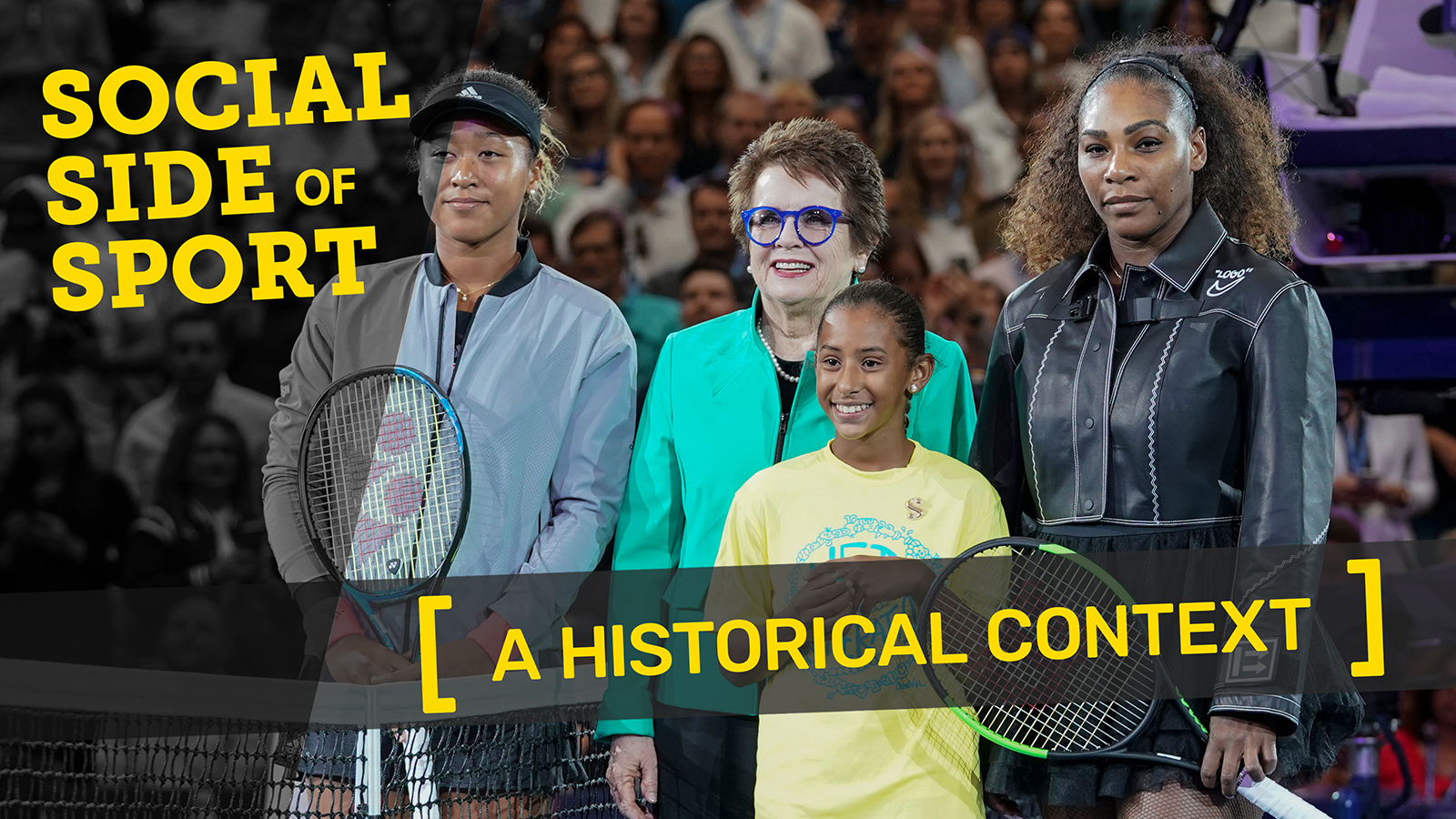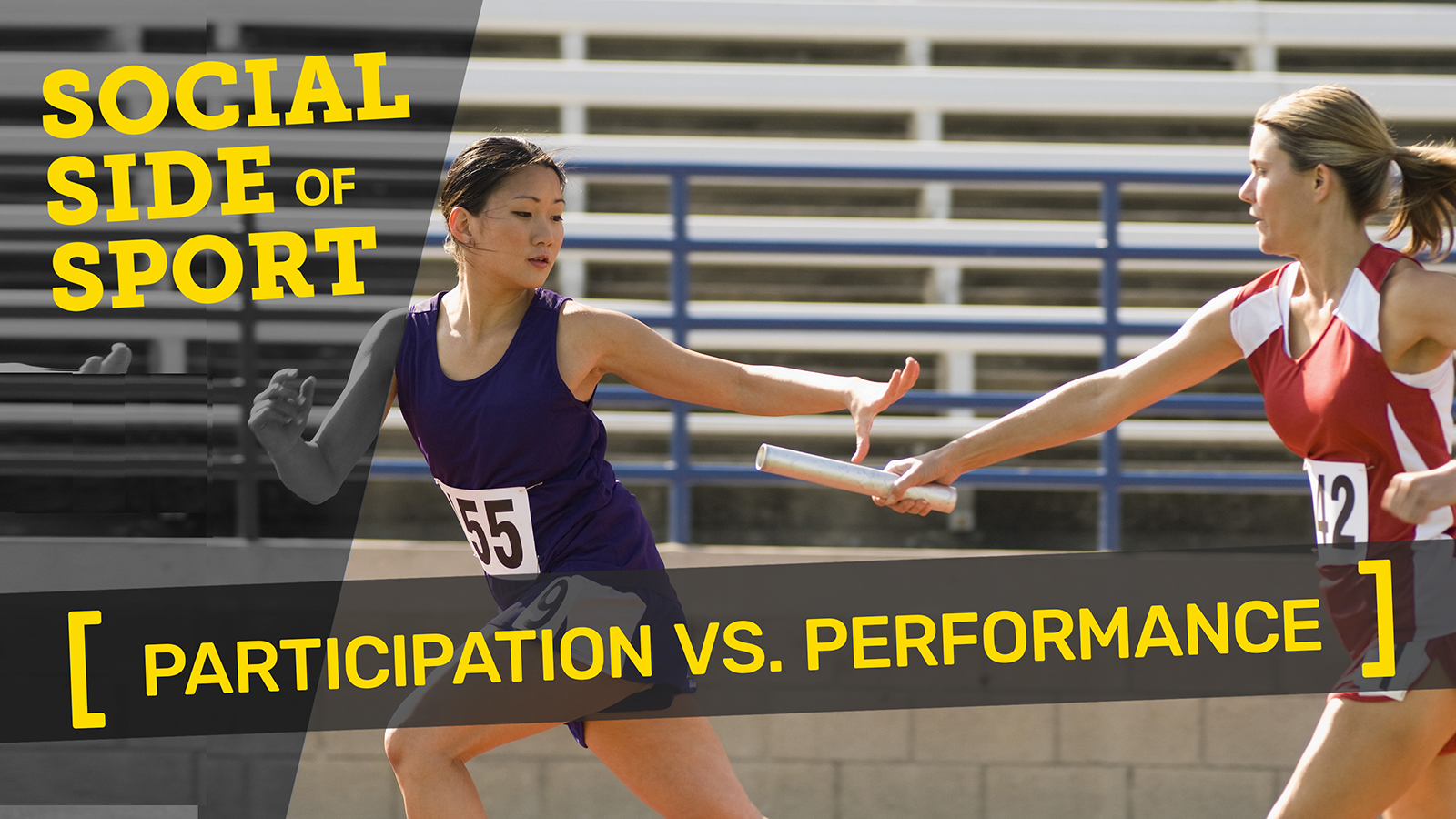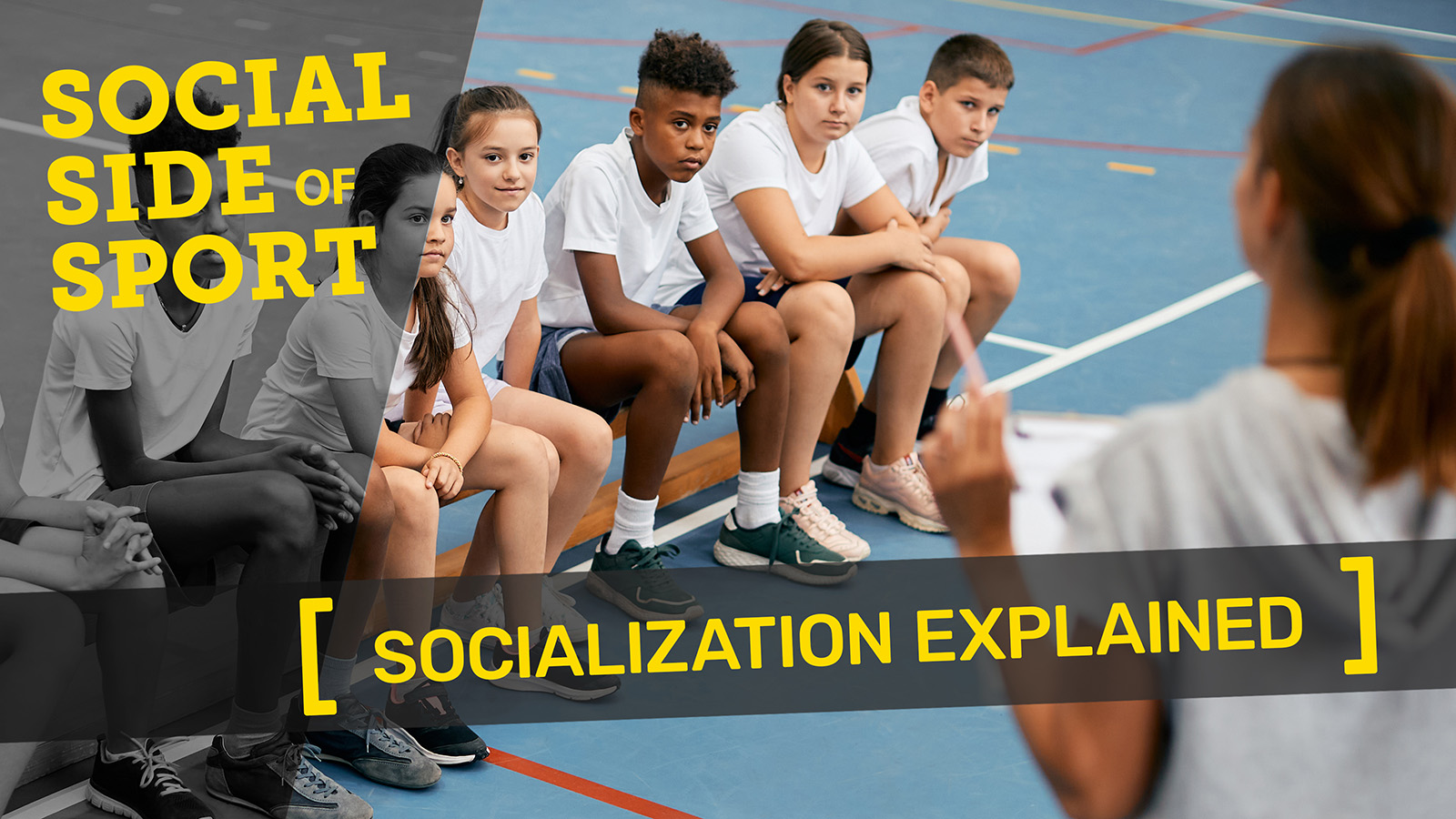Ryan and Deci (2000) defined extrinsic motivation
as “the performance of an activity in order to attain
some separable outcomes” (pp. 71). In the Self-
Determination Theory literature (SDT; Ryan & Deci,
2000), extrinsic motivation is viewed as one of the
three broad types of motivation, alongside intrinsic
motivation and amotivation. Ryan and Deci proposed
that extrinsic motivation is a multidimensional construct
comprising low self-determined (external and
introjected regulations), and high self-determined forms
of motivation (identified and integrated regulations).
External regulation refers to motivation emanating from
external pressure, rewards, or the seeking of social
approval. Introjected regulation is evident when behavior
is motivated by feelings of guilt, shame, ego
involvement, and contingent self-worth. Identified regulation
is in operation when motivation stems from perceptions
of personal importance of a behavior. Lastly,
integrated regulation reflects behaviors that are integrated
within one’s core value and identity system.
High self-determined forms of extrinsic motivation,
compared to low self-determined forms, are associated
with more positive affective, behavioral and cognitive
outcomes, such as vitality, persistence, and concentration
(see Ntoumanis, 2012).





















